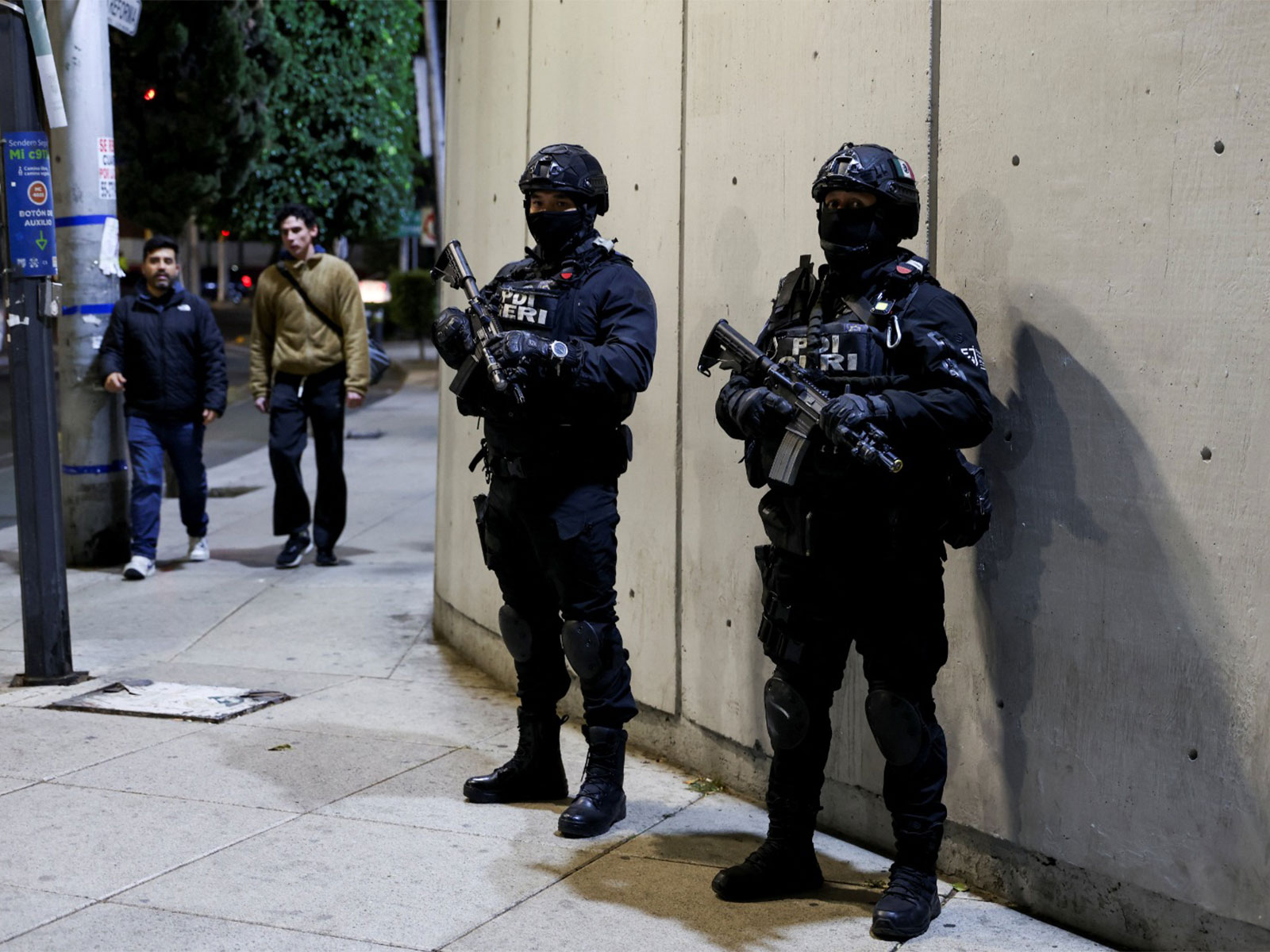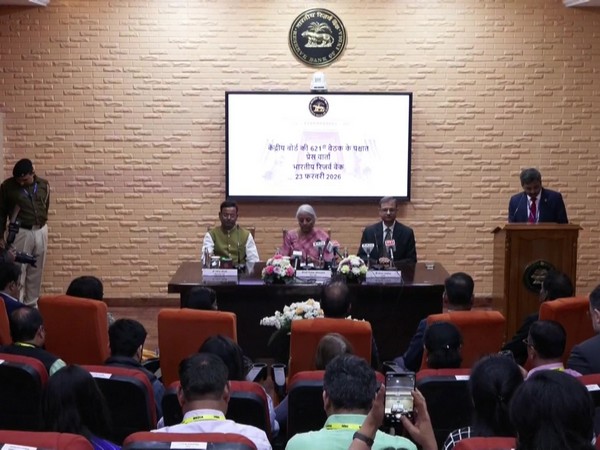Court upholds residence protection for daughter-in-law under the Domestic Violence Act
Oct 18, 2025

New Delhi [India], October 18 : The chas upheld the concurrent findings of lower courts that recognised a daughter-in-law's right to residence in her matrimonial home, dismissing revision petitions filed by her mother-in-law and late father-in-law.
Justice Sanjeev Narula, pronouncing the judgment, ruled that the ground floor of the property in Old Gobindpura Extension, Delhi, qualifies as a "shared household" under the Protection of Women from Domestic Violence Act, 2005 (DV Act). The Court held that the daughter-in-law cannot be dispossessed except through due legal process.
The petitions were argued by Mrs Kajal Chandra and Ms Hatneimawi on behalf of the petitioners, while Ms Samvedna Verma represented the respondent.
The dispute, spanning over a decade, arose after the daughter-in-law's marriage to the petitioner's son in 2010 and her subsequent residence with her in-laws at the property. The matrimonial relationship soured in 2011, leading to multiple civil and criminal proceedings between the parties.
The petitioners contended that the property was the self-acquired estate of the late Daljit Singh and, therefore, could not be deemed a shared household under the DV Act. They also alleged that Sidhu was in illegal occupation and sought her eviction or payment of ₹10,000 per month as occupation charges.
However, Justice Narula rejected these arguments, observing that ownership is immaterial for Section 17 of the DV Act. Citing the Supreme Court's ruling in Satish Chander Ahuja v. Sneha Ahuja, the Court reiterated that even a property owned by in-laws can constitute a shared household if the woman had resided there with her husband in a domestic relationship.
"The order does not confer title but preserves the status quo so that the respondent is not evicted by self-help or by transfers calculated to defeat her protection," Justice Narula noted.
He further clarified that the petitioners' low electricity consumption, cited as proof of non-occupation, was an insufficient basis to overturn concurrent factual findings. The Court maintained that the existing arrangement--where the mother-in-law resides on the first floor and the daughter-in-law on the ground floor--adequately balances both parties' interests.
Concluding that no illegality or perversity existed in the trial and appellate court findings, the High Court dismissed both revision petitions, leaving questions of ownership and mesne profits to be decided in the pending civil proceedings.

















